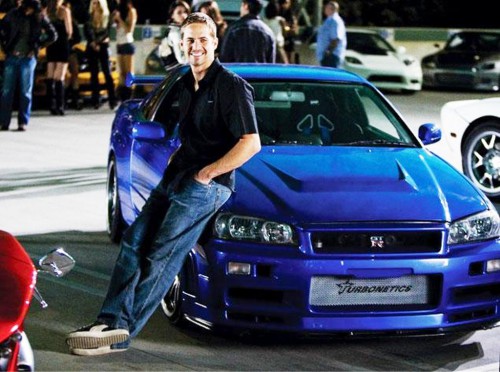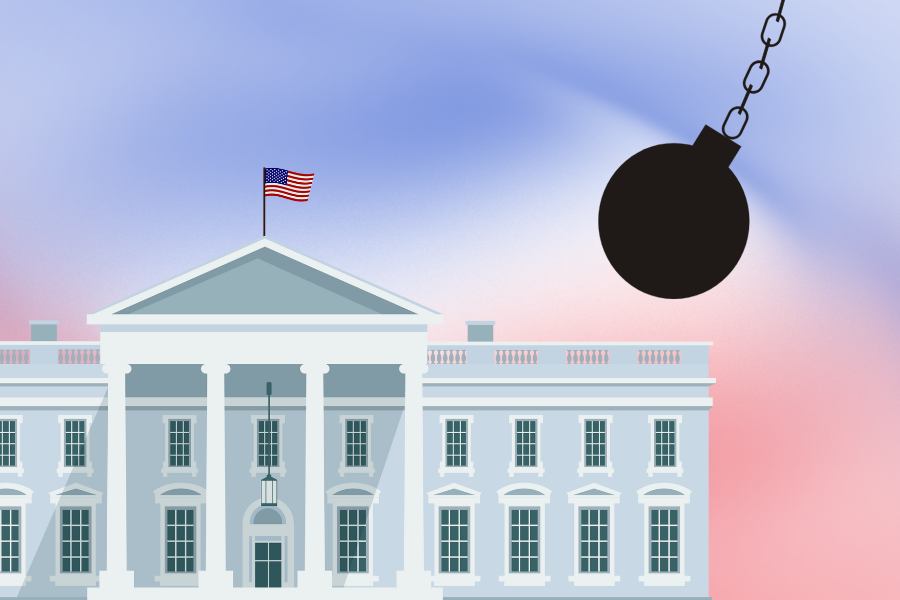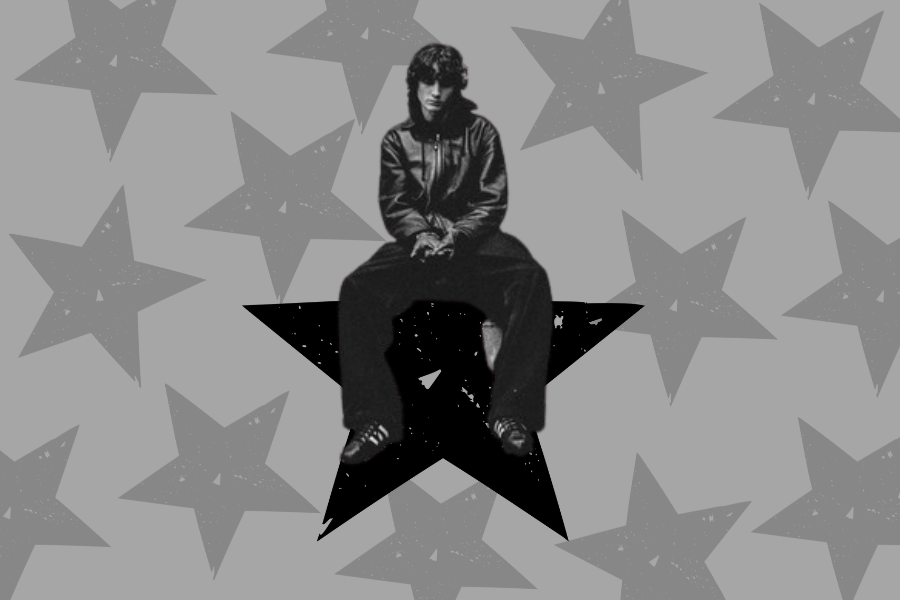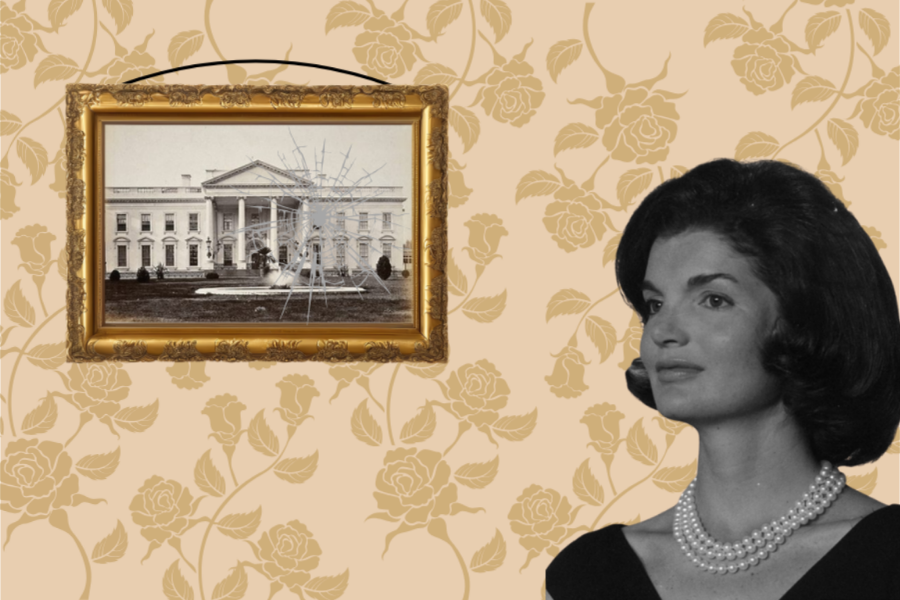Before Saturday, I had no idea how many of my friends were big fans of Paul Walker. Personally, I have never seen a Fast & Furious movie, I think I might have accidentally watched Eight Below once, and I love Pleasantville, but honestly did not realize he starred in it. Even if I had paid more attention to his career, I am sure my reaction to his tragic death would have been about the same. It is incredibly sad to see a young life lost, and I hope his family is doing okay; it is terribly ironic that he died in a sports car, but such are the dangers of getting in a steel box that hurdles down the road with other steel boxes. It really is a shame.
Although I was not too disturbed by his death, I was disturbed by what I saw on social media. About 60 percent of my Facebook friends posted a news story or a status regretting his loss and sending their condolences to his friends and family. My Twitter exploded with “#RIPPaulWalker,” and I even saw some collages on Instagram. I was honestly confused, and I have become increasingly irritated in the days since. Every day there are new reports, witness accounts, and even videos of the event. I understand the needs of law enforcement to find out what happened, but why does every detail of that information have to be revealed to the general public? I understand it grabs attention, but I cannot help feeling that other events are more worthy of social media sympathies and that top story spot.

For example, when Category 5 Typhoon Yolanda slammed the Philippines in early November, the only post I saw on Facebook was from one woman who had family in the country. According to the National Disaster Risk Reduction and Management Council, the death toll is now at 5,680 and there are approximately 1,800 missing. However, updates are hard to find and virtually absent from online sources. Apparently, for the majority of Americans, the loss of over 7,000 lives in another country pales in comparison to the loss of one C-list (D-list?) actor. Instead of wondering how the Philippines can rebuild and heal the lives of the millions affected, everyone wants to know what is going on with Fast & Furious 7.
If that does not put the issue into perspective, consider that there is still turmoil in Syria, Iran’s nuclear program is still under scrutiny, and, even though we have not heard about them in a while, Egypt and Libya are still struggling following the political and social unrest on their respective soil. Americans are losing interest in the wrong topics and vesting their interest in inconsequential drivel to occupy their time. Enough is enough.
If each life is truly equal, then why are celebrity deaths treated with this kind of attention while thousands die and countless others suffer silently? These international conflicts do not diminish the tragedy of Paul Walker’s death by any means, but maybe media attention to them should diminish that being given to the actor’s death, instead of vice versa. There is nothing we can do about an automobile accident, but staying well informed about important international issues can shape us into better global citizens and put the next celebrity death on the lowered pedestal it deserves.







